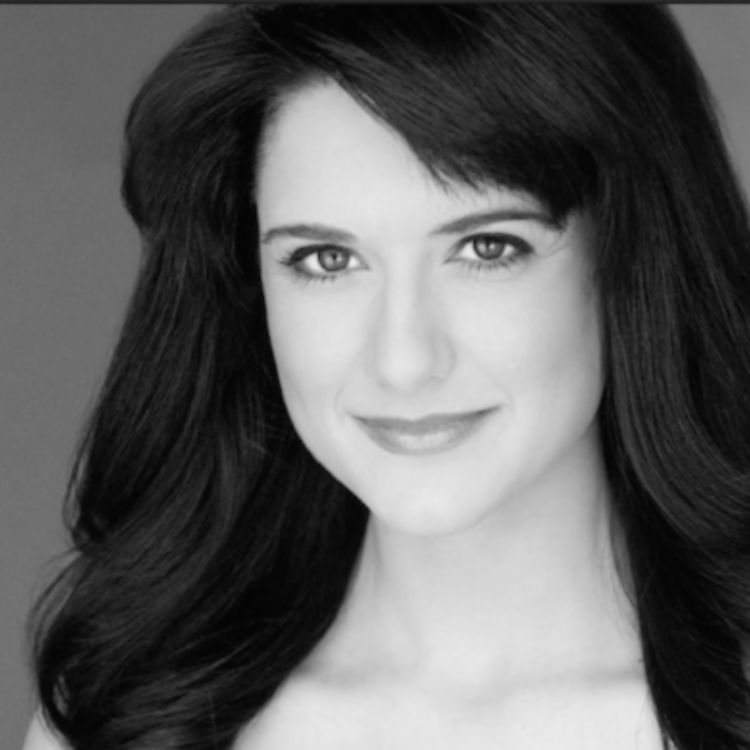Promotion and Protection of Musicals
What is the process of developing new musical theatre? How can composers and lyricists better protect their work, while also promoting it? In this series, Samuel French, Inc. asked four professionals in the theatre industry to share their thoughts on this subject. (Please note that the presented opinions are those of the author, and do not necessarily represent those of Samuel French.)
I’ve been asked to follow up on an article I wrote as part of Samuel French and Howlround’s #RightsWeek series last year. That article was about the rights issues inherent in writers protecting and monetizing their work online. I focused on early career writers without representation, and also on possibilities for protected distribution in the “stock and amateur” secondary licensing market.
This year it’s #MusicalsWeek. I’ll be on a panel on Promotion and Protection of Musicals on Monday, September 28, and that’s the topic of this article.
The first rule of promotion is: balance politeness and persistence.
I’ve been fortunate to work for twenty years in professional musical theatre in New York: new shows and revivals, concerts and recordings. I’ve been a writer/composer, music director/orchestrator, and producer (commercial and nonprofit), and I’ve worked in grand rights licensing and music publishing. I’ve also taught theatre and music business at the graduate level at NYU-Tisch for thirteen years.
As I always tell my students, the most desirable trait in a theatre artist—after talent and craft—is to be professional (and not unpleasant). Thankfully the era of the jackass genius seems to have passed. There are too many people who want to do this kind of work for anyone to put up with bad behavior. Also, as ever, a writer’s career is largely in her/his own hands. So the first rule of promotion is: balance politeness and persistence.
Some musical theatre writers—and a lot of generic marketing advice—will tell you to develop a personal “brand.” This works for some writers, particularly those who write almost exclusively in a specific style or sub-genre. In my experience, this approach presents two challenges: those who focus on putting their name out as a brand often relentlessly self-market to the point of over-saturation without having a real “product” (that is, show) to sell; and if they write with a narrow focus, producers in the market for their shows may already be well aware of their work and tired of hearing the same thing over and over from the same people.
It’s certainly important to get your name and work out there. A writer or team should have a decent, but not necessarily lavish, website, as well as professional social media presences (Facebook, Twitter, Instagram, SoundCloud/Bandcamp) all with a consistent name (e.g. JaneDoeMusicals). If you start an email distribution list and add every address in your contact list, fine, but have an automated unsubscribe option, and send updates monthly at most, preferably when you have something newsworthy to report.
But the most important thing is that you must have a show to promote. A tiny handful of musical theatre writers have made a name for themselves writing stand-alone songs for cabaret or audition showcases and promoting them on YouTube. They do concerts and sell sheet music and sometimes songwriter albums, and a few make a living. But the real goal, of course, should be to have their musicals produced. Don’t let them fool you: they are not pop writers. The pop market is radically different.

For those who write new musicals, original or adaptations, and hope for production, the goal is obvious. For those who want to write adaptations—usually from films—commissioned by commercial producers, all the branding in the world won’t convince a producer to take a chance on someone who’s never completed a full musical, preferably one that’s been produced in some fashion, even if it’s off-off-Broadway or at a university.
Just as in other media, producers want evidence that you can complete a project. And while it’s more challenging to get a show produced than to get a performance of a single song or concert, or record an album, the show will yield a much better financial reward and more significant career progress.
I spend months with my students and clients helping them craft pitches for their shows at all stages of writing and development. You need at least three versions: the three-sentence “elevator” pitch, the one-paragraph, and the one-page. Keep in mind that the audience you’re playing to is not just the general public—it’s primarily producers (and nonprofit literary managers), so you don’t need to reveal all the plot points, but you need to tell the best parts and why they should do it, and remove reasons to say “no.”
For demo recordings, the cost of audio production has greatly decreased over the last ten years, but many producers’ expectations have increased. Having clear, high-quality recordings (good singers, in tune, not recorded off a sound board in a concert, with accompaniment that may be more than just piano or guitar) is important. Don’t overdo MIDI orchestrations, especially if that’s not in your skill set and/or you don’t have access to good instrumental samples, but if the style of your score needs a certain sound (e.g. rock drums), make sure to include that. Keep in mind that demos are not cast albums—they’re not the record of the show for all time. Stream MP3s via SoundCloud on your website and social media, and have MP3s and CDs ready to send if requested by producers.
Likewise, you may wish to put excerpts of your script online—clean, well-formatted scripts (The Dramatists Guild has great templates) with clear contact information—in PDF format. You may choose to watermark a “Do Not Copy” reminder notice on each page for non-producer requestors.
While you’ll need to have clean piano-vocal scores as well, ready for readings or production, don’t bother to post or send full scores unless specifically asked to do so—almost no theatre producer, artistic director, or literary manager can read music well enough for it to be meaningful. But do sell sheet music for individual songs via your website or another established service (e.g. www.MusicNotes.com and www.NewMusicalTheatre.com). Another popular option is purchasing sponsored links on Facebook and Twitter to promote productions, concerts, and album releases.
I strongly urge writers to join The Dramatists Guild and ASCAP. If you’ve completed a show, register it with the copyright office. Learn about NNPN’s New Play Exchange and similar programs. Apply to awards and fellowships, particularly those that offer money and real development opportunities: Rodgers, Kleban, Ebb, Larson, O’Neill, etc.
I’ve covered protection quite a bit above, but I’ll add that The Dramatists Guild Anti-Piracy Committee on which I serve with smart, concerned writers has undertaken a number of initiatives to help protect theatre writers’ work while also not making it onerous for producers, actors, etc. In addition to copyright education, consumer awareness, and policing efforts, we’ve also made progress with Actors Equity Association and casting directors about audition and performance materials. The Guild has always been a trade organization in which prominent writers help maintain minimum standards for everyone, and this committee’s work is a natural outgrowth of that advocacy.
The Music Publishers Association, on whose board I sit, has partnered with the National Music Publishers Association on a broad anti-piracy initiative that, in addition to publisher member efforts, has successfully shut down many sites and Facebook groups hosting illegal sheet music, lyrics, and scripts.
In short, there are many approaches to balancing promotion and protection of your work. It’s an ever-evolving process, and I welcome further discussion.
(Please note that the presented opinions are those of the author, and do not necessarily represent those of Samuel French or Warner Music Group.)




Comments
The article is just the start of the conversation—we want to know what you think about this subject, too! HowlRound is a space for knowledge-sharing, and we welcome spirited, thoughtful, and on-topic dialogue. Find our full comments policy here